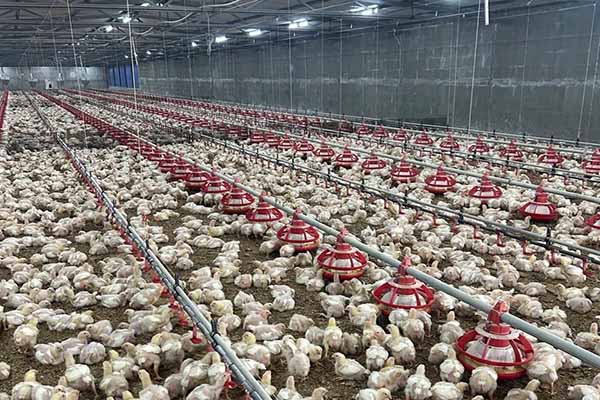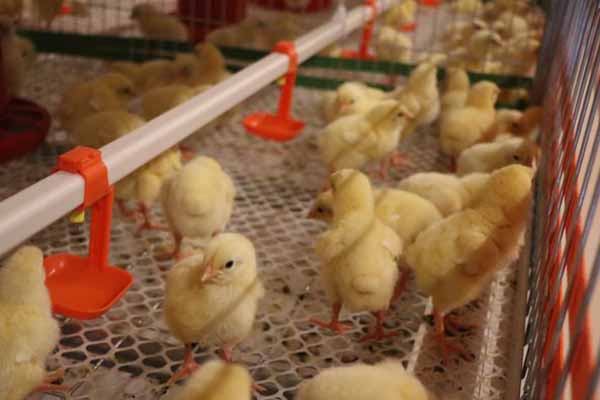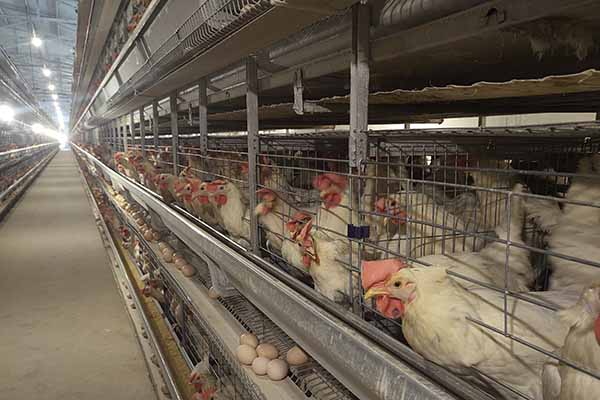Poultry Project Equipment for 500,000 Chickens in Nigeria: What You Need to Know
In Nigeria, the poultry industry is witnessing rapid growth, and a project for a 500,000-chicken capacity is no small feat. To ensure the success of such a venture, the right equipment is crucial. Let’s dive into the key components you need for a poultry project of this scale.
Key Equipment for a 500,000 Chicken Poultry Project in Nigeria
- Brooder Houses – To protect chicks from harsh weather and predators. Opt for sturdy, insulated structures with adequate space for each chick.
- Nest Boxes – Essential for laying hens to lay eggs comfortably. Ensure each box can accommodate up to three hens.
- Feeding Systems – Automated feeders that can handle high volumes and deliver balanced nutrition. Consider the type of feed (pellets, crumbles, etc.) you’ll be using.
- Watering Systems – Automatic nipple or cup waterers to ensure constant access to clean water. Consider the water flow rate and pressure to avoid wastage.
- Ventilation Systems – Proper air circulation to maintain ideal temperatures and humidity levels, crucial for disease prevention.
- Manure Removal Systems – Efficient systems for managing waste, such as conveyor belts or scrapers, to prevent disease and odor issues.
- Electricity Supply – A reliable power source for all equipment, including backup generators for emergencies.
Investing in high-quality, durable equipment is essential to ensure the well-being of your birds and the profitability of your project. In Nigeria, you should also consider the following factors:
- Local Regulations – Ensure compliance with Nigerian laws and regulations regarding poultry farming.
- Climate – Design your facility to accommodate Nigeria’s diverse climate conditions.
- Water Supply – A consistent water supply is crucial for the chickens’ hydration and for maintaining equipment.
- Feed Availability – Ensure access to a reliable source of quality feed, considering the local availability and cost.
According to a report by the Nigerian Poultry Association, the demand for poultry products in Nigeria is projected to grow by 8% annually, reaching approximately 7 million tons by 2025. This presents a significant opportunity for investors in the poultry industry.

Project Cost Analysis
The cost of setting up a 500,000-chicken capacity poultry project in Nigeria can vary significantly depending on the scale, location, and equipment used. Here’s a rough breakdown:
| Equipment Category | Estimated Cost |
|---|---|
| Brooder Houses | $100,000 – $200,000 |
| Nest Boxes | $10,000 – $20,000 |
| Feeding Systems | $50,000 – $100,000 |
| Watering Systems | $10,000 – $20,000 |
| Ventilation Systems | $50,000 – $100,000 |
| Manure Removal Systems | $20,000 – $40,000 |
| Electricity Supply | $30,000 – $50,000 |
| Total | $310,000 – $610,000 |
This cost estimation does not include other expenses such as land, labor, and maintenance. It’s essential to have a comprehensive budget and financial plan in place.

Conclusion
Investing in a 500,000-chicken capacity poultry project in Nigeria requires careful planning and a focus on high-quality equipment. By understanding the key components a nd considering local factors, you can increase your chances of success in this growing industry.
nd considering local factors, you can increase your chances of success in this growing industry.
Are you considering a poultry project in Nigeria? Get in touch with us for a free, customized design and equipment quote. Our experts at LIVI Machinery are here to help you every step of the way.




